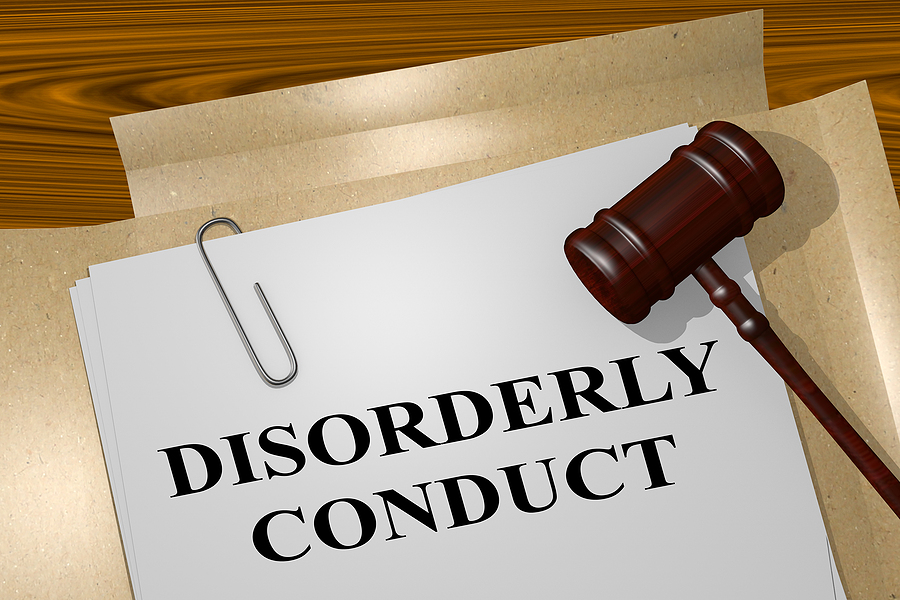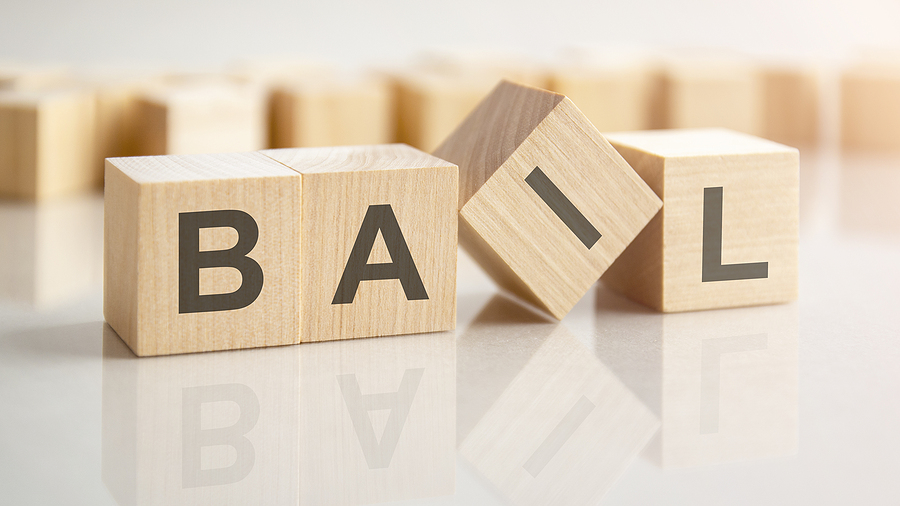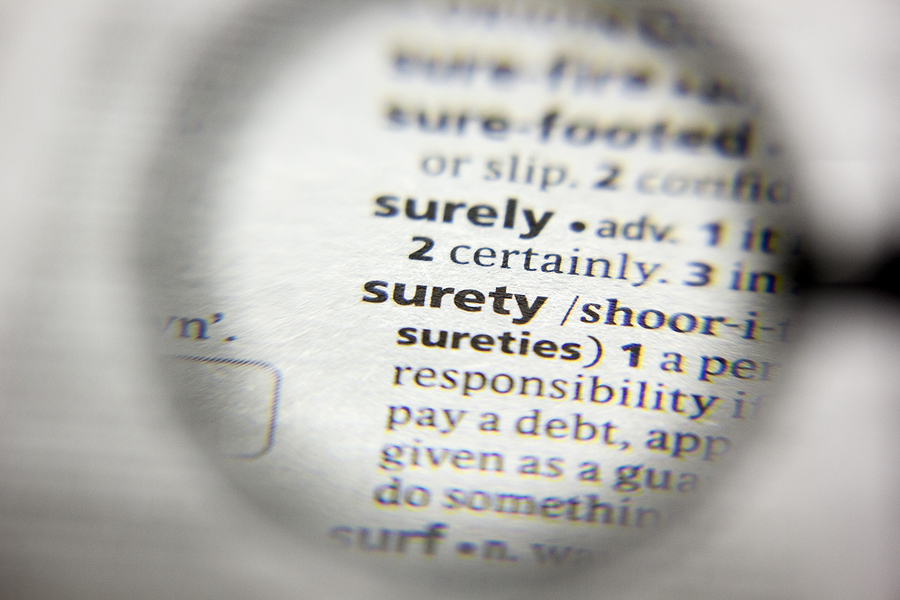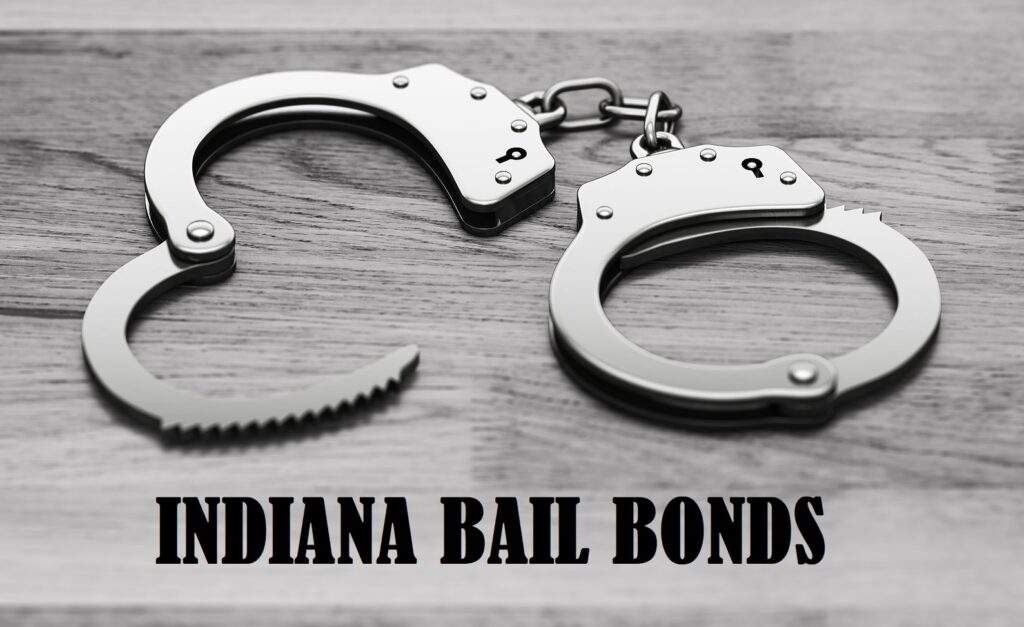Facing an arrest or helping a loved one through the criminal justice system can be overwhelming and confusing. One of the most immediate concerns is securing release from jail while awaiting trial. This is where bail bonds come into play—a financial arrangement that allows defendants to regain their freedom temporarily.
A bail bond contract is a legally binding agreement between a defendant, a bail bond company, and often a co-signer that guarantees the defendant will appear for all required court proceedings. Understanding these contracts is crucial for anyone navigating the bail process, as they involve significant financial obligations and legal responsibilities.
This comprehensive guide will walk you through every aspect of bail bond contracts, from their basic components to the potential risks involved. Whether you’re considering co-signing for a family member or need to understand your own obligations as a defendant, this information will help you make informed decisions during a challenging time.

What Are Bail Bonds and How Do They Work?
When someone is arrested, a judge typically sets bail—a monetary amount that serves as collateral to ensure the defendant returns for their court date. Bail schedules often determine these amounts based on the severity of the crime and other factors. However, many people cannot afford to pay the full bail amount upfront.
A bail bond company steps in to provide this service for a fee, typically 10-15% of the total bail amount. This fee, known as the bail premium, is non-refundable and represents the cost of the service. The bail bond company then posts the full bail amount with the court, securing the defendant’s release.
The bail bond agreement creates a three-way relationship between the defendant, the bail bond company, and any co-signers who guarantee the bond. This contract outlines everyone’s responsibilities and the consequences of failing to meet those obligations.
Essential Components of a Bail Bond Contract
Personal Information and Case Details
Every bail bond contract begins with basic information about the defendant, including full name, address, date of birth, and details about the charges. The contract also specifies the bail amount set by the court and the corresponding bail bond fees.
Financial Terms and Bail Bond Prices
The contract clearly outlines all financial aspects, including the bail premium percentage, payment schedule, and any additional fees. Bail bond prices can vary between companies, but they’re typically regulated by state law. Some contracts may include payment plans for the premium, while others require full payment upfront.
Conditions of Release
The agreement specifies all conditions the defendant must follow while on bail. These might include staying within certain geographic boundaries, avoiding contact with alleged victims, attending all court dates, and refraining from illegal activities. Violating these conditions can result in immediate arrest and forfeiture of the bond.
Collateral Requirements
Many bail bond companies require collateral to secure the bond, especially for higher bail amounts. This might include property deeds, vehicle titles, jewelry, or other valuable assets. The contract details what happens to this collateral under various circumstances.
Contact Us for Immediate Bail in Indiana
Rights and Responsibilities of All Parties
Defendant’s Obligations
The defendant has several critical responsibilities under a bail bond contract. Most importantly, they must appear at all scheduled court proceedings. They must also comply with all conditions set by the court and the bail bond company. Failing to meet these obligations can result in immediate arrest and additional legal consequences.
Defendants have the right to understand all terms of their agreement and to receive copies of all documentation. They should also be informed of any changes to their court schedule or bail conditions.
Co-Signer Responsibilities
A bail bond co-signer takes on significant financial and legal responsibilities. They guarantee that the defendant will appear in court and comply with all bail conditions. If the defendant fails to appear, the co-signer becomes responsible for the full bail amount.
Co-signers often must provide collateral and personal information to the bail bond agent. They may also be required to help locate the defendant if they fail to appear in court. The co-signer’s credit and assets are at risk if the defendant violates the terms of the agreement.
Bail Bondsmen Duties
The bail bondsmen must clearly explain all terms of the contract and ensure all parties understand their obligations. They’re responsible for posting bail promptly and maintaining communication with the defendant and co-signers throughout the process.
The agency must also comply with all state regulations regarding bail bond fees and practices. They should provide transparent information about their services and any potential additional costs.
Understanding Potential Risks and Consequences
Financial Risks
The most significant risk involves the financial obligation if the defendant fails to appear in court. Co-signers can lose any collateral they’ve provided and may be sued for the full bail amount. Even if the defendant is eventually located and returned to custody, co-signers may still be responsible for additional costs incurred during the search process.
Legal Consequences for Defendants
Violating bail conditions or failing to appear in court can result in additional criminal charges, higher bail amounts for future arrests, and difficulty obtaining bail in the future. The court may also issue a bench warrant for the defendant’s arrest.
Impact on Relationships
Bail bond agreements can strain relationships between defendants and their co-signers, especially if problems arise. The financial and legal pressures involved can create lasting tensions within families and friendships.
Tips for Bail Bond Clients
✏ Read Everything Carefully – Never sign a bail bond contract without reading and understanding every provision. Ask questions about anything that seems unclear, and don’t hesitate to request explanations in simpler terms.
✏ Keep All Documentation – Maintain copies of all paperwork related to the bail bond agreement, including the original contract, payment receipts, and any amendments. These documents may be crucial if disputes arise later.
✏ Maintain Communication – Stay in regular contact with the bail bond company and inform them immediately of any changes in address, phone number, or other circumstances that might affect the agreement.
✏ Understand Court Requirements – Make sure you understand all court dates and requirements. Set reminders and have backup plans for transportation to ensure you never miss a court appearance.
✏ Consider the Long-Term Impact – Remember that a bail bond agreement can affect your finances and legal standing for months or even years. Consider whether you can realistically meet all obligations before signing.
Frequently Asked Questions (FAQ)
What happens if the defendant fails to appear in court?
If the defendant fails to appear in court, the bail bond company typically has a grace period to locate and return them to custody. If unsuccessful, the co-signer becomes responsible for the full bail amount, and any collateral may be forfeited.
Can a bail bond be revoked, and if so, under what circumstances?
Yes, a bail bond can be revoked if the defendant violates any conditions of their release, commits new crimes, or fails to maintain contact with the bail bond company. The court can also revoke bail independently of the bail bond company’s actions.
What are the fees associated with a bail bond, and are they refundable?
The bail premium, typically 10-15% of the bail amount, is non-refundable even if charges are dropped or the defendant is found not guilty. Additional fees may include administrative costs or payment plan fees.
How can a co-signer get released from their obligations?
Co-signers can sometimes be released from their obligations by requesting the bail bond company to surrender the defendant back to custody. However, this means the defendant will return to jail, and the co-signer may still be responsible for any unpaid premiums.
What is the difference between a bail bond and paying cash bail?
Cash bail requires paying the full bail amount to the court, which is refundable when the case concludes. A bail bond only requires paying the premium to a bail bond company, but this fee is non-refundable.
How long does the bail bond process typically take?
The bail bond process can take anywhere from a few hours to several days, depending on the jail’s processing time, the complexity of the case, and whether it occurs during business hours or weekends.
What information does a bail bond company need from a co-signer?
Co-signers typically need to provide identification, proof of income, employment verification, and information about assets that might serve as collateral. The bail bond company may also require references and conduct a credit check.
In Summary
Understanding bail bond contracts is essential for anyone involved in the criminal justice system. These agreements carry significant financial and legal responsibilities that can impact multiple parties for extended periods. By carefully reviewing all terms, understanding your obligations, and maintaining open communication with all parties involved, you can navigate this challenging process more effectively.
If you’re facing a bail situation or need help understanding a bail bond contract, professional guidance can make a significant difference in protecting your interests and ensuring compliance with all legal requirements. Contact Woods Bail Bonds for assistance in navigating the bail bond process in Indiana and understanding your options.
Related Post: Know Your Rights: The Do’s and Don’ts of Bail Bond Agreements











